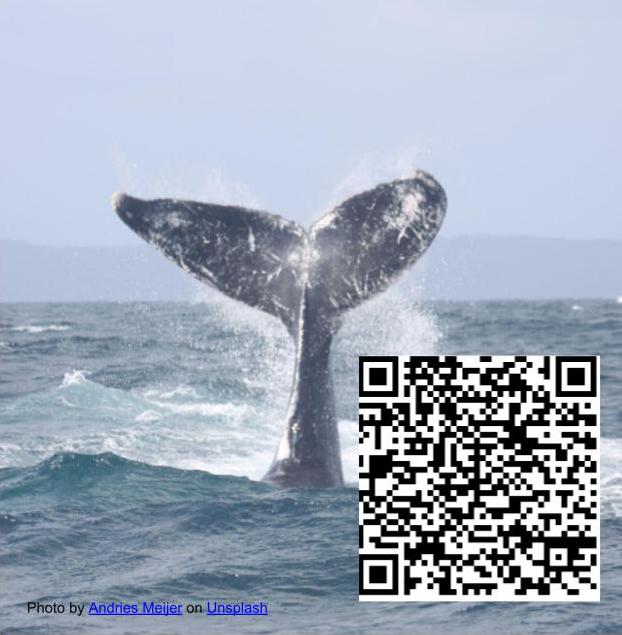Whale Wars

By: Alexander Vervaet, Ashley Kao, Caitlyn Tran, Jose Camarena, Josh Mendoza
This podcast investigates the “war” over how modern whale populations and whaling activities should be managed.
Since the ninth century, whaling was a popular activity for countries like Norway, France, and Spain. Over time, the world progressively took part in the activity, with whaling starting in the present day U.S by 1712. It was not until the 1900s when whaling really took off due to the introduction of harpoons and commercial whaling ships. That was when the whale population truly began to dwindle, and the International Whaling Commission (IWC) was formed to regulate whale hunting. However, Japan took advantage of a loophole in IWC regulations by justifying the hunting of endangered whales in Antarctica under scientific whaling, which Australia challenged in the International Court of Justice. The court unanimously agreed with Australia, which caused Japan to eventually terminate whaling in the Southern Ocean, withdraw from the IWC, and continue commercial whaling in their territorial waters and exclusive economic zone. However, this event raised a “war” over how whales and whaling activities should be managed. Our Whale Wars podcast investigates Japan’s current whaling practices through a combination of biological, cultural, economic, political, and legislative lenses in an attempt to answer the question of how modern whales should be treated. While exploring the controversy answered some questions, our deep dive also raised several more. Our group came to the consensus that out of consideration for the cultural and economic significance of whaling, the activity would never be outlawed. However, legislation would need to be implemented to make whaling sustainable to prevent further negative biological and environmental effects. Even with this agreement, our podcast equips listeners with enough background knowledge to come to their own conclusions.
comments powered by Disqus